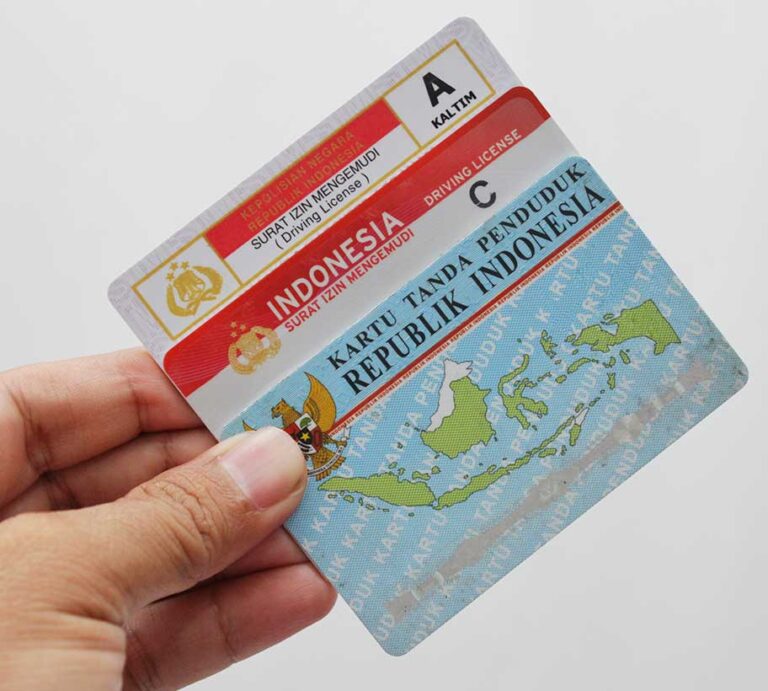As the number of foreign nationals and mixed-nationality couples living in Indonesia continues to grow, questions surrounding the legality of divorce in Indonesia have become increasingly common. Foreigners seeking clarity on whether they can legally end their marriage in the country must first understand the legal framework that governs the process.
Understanding the Legal Framework for Divorce in Indonesia
Indonesia requires all marriages to be registered in order to be legally recognized. According to Article 2, paragraph (1) of Law No. 1 of 1974 on Marriage:
“A marriage is lawful if it is conducted according to the laws of the religion and belief of each party. Every marriage must be registered according to the applicable laws and regulations.”
This means only registered marriages are eligible for legal divorce proceedings. Muslim marriages are recorded at the Office of Religious Affairs (KUA), while non-Muslim unions are registered through the Civil Registry (Disdukcapil). If a marriage is not registered, Indonesian courts will not process a divorce request.
Eligibility for Foreign Nationals Seeking Divorce in Indonesia
Foreign nationals can file for divorce in Indonesia under specific conditions. The couple must have established legal residence, usually proven through a Limited Stay Permit Card (KITAS). Additionally, Indonesian courts recognize jurisdiction based on the principles of forum rei (the defendant’s residence) and forum actoris (the plaintiff’s residence), especially when determining where the case can be filed. These principles align with the requirement of habitual residence within Indonesia.
This principle is supported by Indonesian jurisprudence. In Supreme Court Jurisprudence No. 2640/K/Pdt/2009, it was affirmed that “the Indonesian judiciary has authority or jurisdiction to examine, decide, and adjudicate such divorce cases using the applicable Indonesian procedural law, considering both material and formal aspects.”
Therefore, as long as the couple meets these residency criteria, they may file for divorce in an Indonesian court.
Read More: How to Obtain Living Permit for Your Spouse in Indonesia?
Required Documents and Where to File Your Divorce Case
Foreigners must prepare several documents before initiating the divorce process. These include the plaintiff’s passport or ID, the full name and current address of the defendant, and the marriage certificate. If the marriage was conducted under a non-Muslim faith, a Marriage Blessing Certificate may also be required. For couples with children, the plaintiff must include the child’s birth certificate and family card if seeking custody.
The location of the court depends on the plaintiff’s residence. If the foreign spouse (plaintiff) lives in Indonesia and the other party resides abroad, the divorce petition should be filed at the court near the plaintiff’s residence. Government Regulation No. 9 of 1975, Article 20 paragraph (3) states:
“In the event that the defendant resides abroad, the divorce petition is submitted to the court in the plaintiff’s residence. The court chairman will forward the petition to the defendant via the relevant Indonesian representative office.”
If both parties reside outside Indonesia, the petition may be filed in the Central Jakarta District Court, though the regulation does not provide explicit guidance in such cases.
Read More: Tie the Knot: A Guide for Foreigners Marrying Indonesians
Filing for Divorce Remotely Through a Lawyer in Indonesia
A foreign spouse who cannot attend court in person may appoint a lawyer to act on their behalf. This process requires two separate powers of attorney: one for mediation and another for trial representation. Both must be legalized by the Indonesian Embassy (KBRI) in the country where the plaintiff resides.
For instance, if the plaintiff lives in the UK, the documents must be legalized at the Indonesian Embassy in the UK. This allows the lawyer to file, represent, and complete the divorce process without the client having to be present in court.
What Foreigners Should Prepare Before Filing for Divorce
Before starting the divorce process in Indonesia, foreign nationals should confirm their marriage was legally registered in the country. Then, they must verify their legal residence status and gather all required documents. Consulting a legal professional familiar with cross-border divorce issues is also highly recommended to navigate jurisdictional complexities and avoid delays.
By understanding these requirements, foreigners can move forward with greater clarity and confidence when filing for divorce in Indonesia.
Expert Legal Support for Mixed-Nationality Divorces
Mixed-nationality divorces certainly come with unique legal challenges, but Seven Stones Indonesia is here to help. We specialize in providing expert legal guidance tailored to your unique situation.
From handling documentation to addressing regulatory hurdles, we’re here to help you simplify the journey and focus on what truly matters during this challenging time. Contact us today via Whatsapp +62 877-7711-7701 and email [email protected] to simplify the process and protect your interests.
Source: legalkeluarga.id, legalinfo.id
Image: Andranik Hakoyban/Getty Images

















